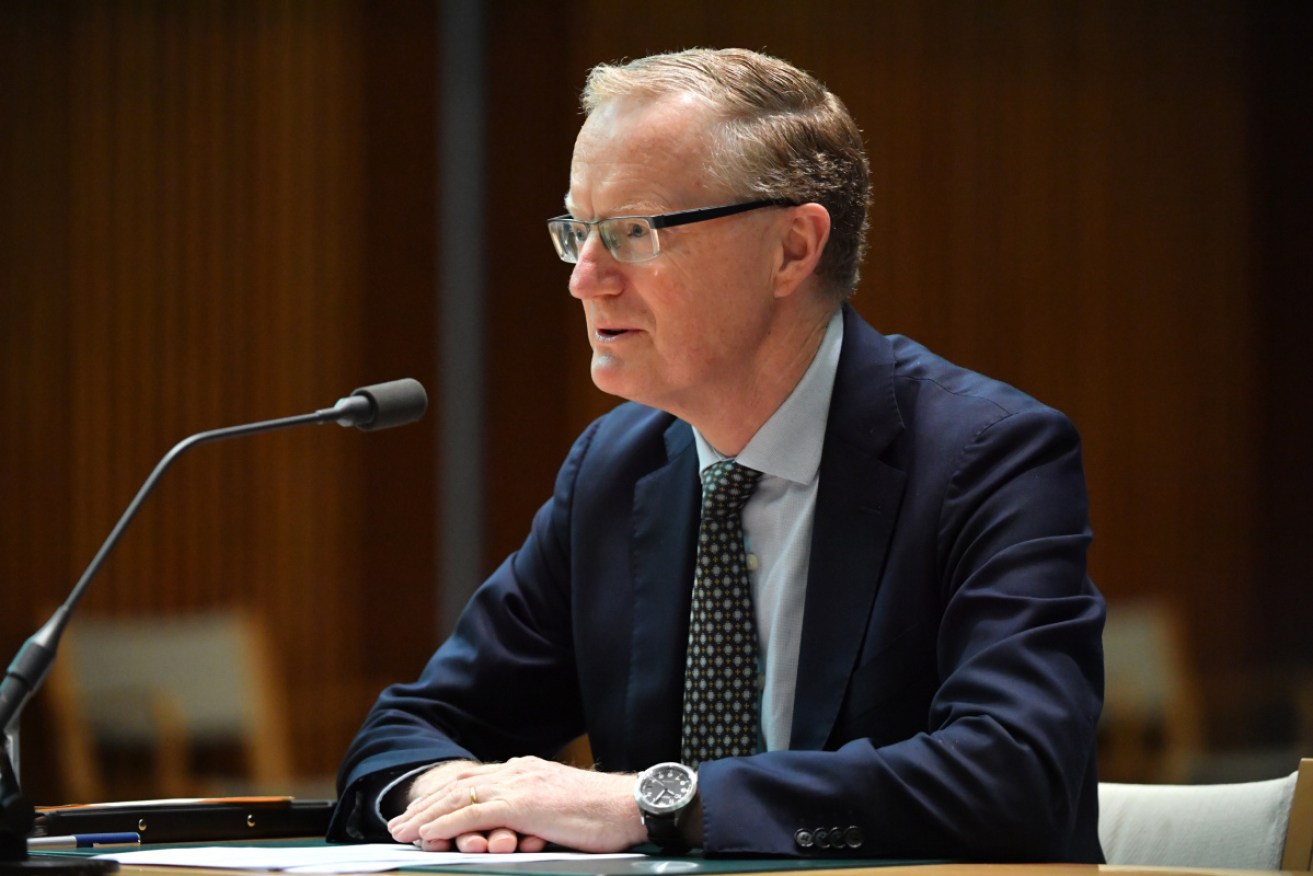RBA boss expects ‘high fives’ jobless rate


Philip Lowe says the lockdowns will result in a major economic contraction in the September quarter. Photo: AAP
Reserve Bank of Australia governor Philip Lowe says while the outbreak of the coronavirus Delta variant is a significant setback for the national economy, he believes growth will be stronger again next year.
Dr Lowe says the impact of lockdowns in Australia’s major cities will result in a major economic contraction in the September quarter.
“It is likely to be at least 2 per cent, and possibly significantly larger than this,” Dr Lowe said in a speech to the ANIKA Foundation on Tuesday.
“This is a major setback, but it is likely to be only temporary. We expect the economy to be growing again in the December quarter, with the recovery continuing into 2022.”
He expects economic activity to be back on its pre-Delta track by the second half of next year.
However, he says while there is uncertainty about what impact the lockdowns will have in the labour market, it would not be surprising to see the unemployment rate in the “high fives” for a short period of time.
The jobless rate had fallen to a 13-year low of 4.6 per cent in July.
Against this backdrop, he said the RBA’s monetary policy package was working, by keeping funding costs and lending rates low across the economy.
At last week’s monthly board meeting, the central bank went ahead with reducing the amount of bonds it purchases each week to keep borrowing rates low to $4 billion rather than $5 billion.
However, it will review this program in February rather than November as earlier announced.
“Given that the recovery has been delayed, we considered it appropriate that we delay any consideration of a further taper in our bond purchases until next year,” Dr Lowe said.
“By February we will know more about how the economy is responding to the easing of restrictions than we will know in November.”
As for its traditional setting of the cash rate, he reiterated this will not be increased from its record low 0.1 per cent before 2024.
He emphasised that inflation needs to be sustainably between the 2-3 per cent inflation target, which will need wages to be growing by at least 3 per cent. Annual wages growth was just 1.7 per cent as of the June quarter.
With that in mind, Dr Lowe can’t understand why financial markets are pricing in a cash rate of 0.25 per cent by the end of 2022, 0.60 per cent at the end of 2023 and close to one per cent at the end of 2024.
“These expectations are difficult to reconcile,” he said.
“While policy rates might be increased in other countries over this time frame, our wage and inflation experience is quite different.”
-AAP








